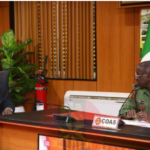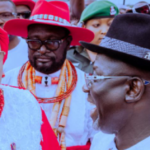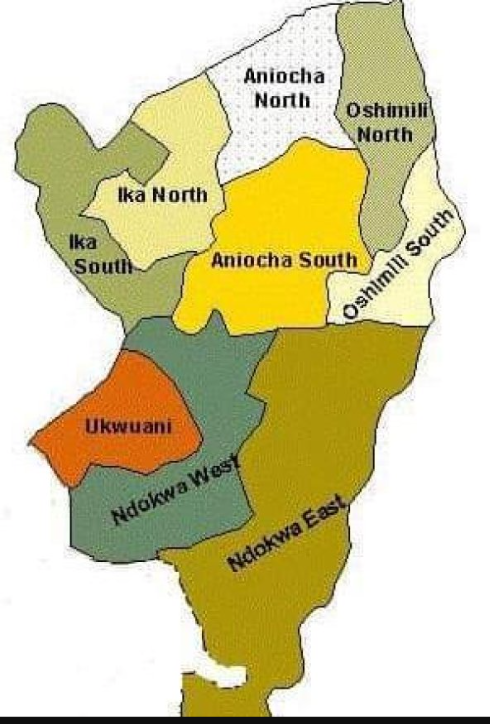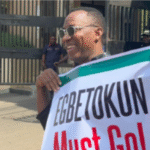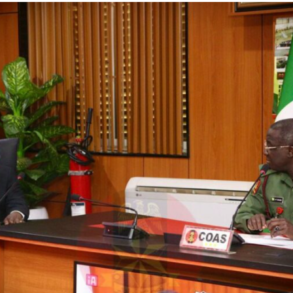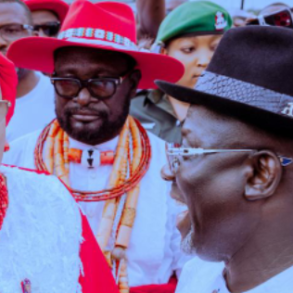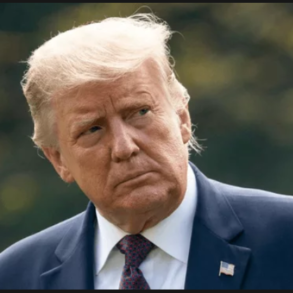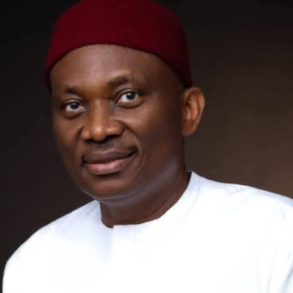The proposed creation of Anioma State has sparked significant debate within the political and ethnic landscape of Nigeria. While one of the frontline proponents in person of Senator Ned Munir Nwoko, the senator representing Delta North Senatorial District, and a few others, argue for its inclusion in the South East geopolitical zone based on shared linguistic and cultural similarities with the Igbo ethnic group, a closer examination of socio-political realities, security concerns, and long-standing regional dynamics suggests that Anioma is better suited to remain within the South South zone.
A primary concern is the issue of insecurity which has plagued parts of the South East in recent years. The region has witnessed a troubling rise in violent agitations, targeted attacks on government facilities, and a deteriorating security climate driven largely by secessionist elements. Integrating Anioma into such an environment raises valid fears about subjecting the relatively peaceful area to instability and conflict it has so far managed to avoid. The safety of Anioma communities and the need for sustainable peace and development should be prioritized over sentimental affiliations.
Moreover, the dominance and often exclusionary posture of core Igbo leadership in regional politics further undermines the feasibility of Anioma’s assimilation into the South East. Historical and contemporary patterns suggest that Anioma people, despite sharing some cultural ties, have consistently been regarded as peripheral by mainstream Igbo socio-political blocs. This dynamic has translated into marginal participation in decision-making and reduced access to regional benefits and influence. Creating Anioma State under such a structure risks perpetuating systemic marginalization, as the Anioma identity may be further submerged in a struggle for recognition and equity within a hegemonic framework.
Tribalism and entitlement mentality, deeply entrenched in the political behavior of dominant groups within the South East, are also pressing concerns. The tendency to treat public institutions and resources as exclusive entitlements has long bred friction among neighboring ethnic nationalities. The Anioma people, with their unique historical trajectory and diverse sub-ethnic affiliations, are more aligned with the pluralistic character of the South South region; a zone that embodies Nigeria’s ethnic diversity and fosters broader inclusiveness.
Additionally, any geopolitical realignment must take into account the sentiments of the indigenous population. A significant portion of the Anioma populace has repeatedly expressed discomfort with being forcibly grouped into a region where their voices could be drowned by more assertive and better-organized ethnic forces. Their lived experiences within the South South have been marked by relative harmony and collaborative development efforts with neighboring ethnic groups such as the Urhobo, Ijaw, and Isoko. This history of peaceful coexistence is too valuable to jeopardize in pursuit of emotional or ideological unity with the South East.
In conclusion, while cultural commonalities between Anioma and the South East exist, the realities on ground suggest that Anioma’s identity, peace, and future development are better preserved within the South South. It is imperative that any state creation or boundary realignment be based on objective evaluation of security, political equity, and historical integration, rather than ethno-linguistic sentimentality. The preservation of Anioma’s distinct voice and peaceful trajectory must take precedence over regional reclassification that risks undermining its socio-political stability.

